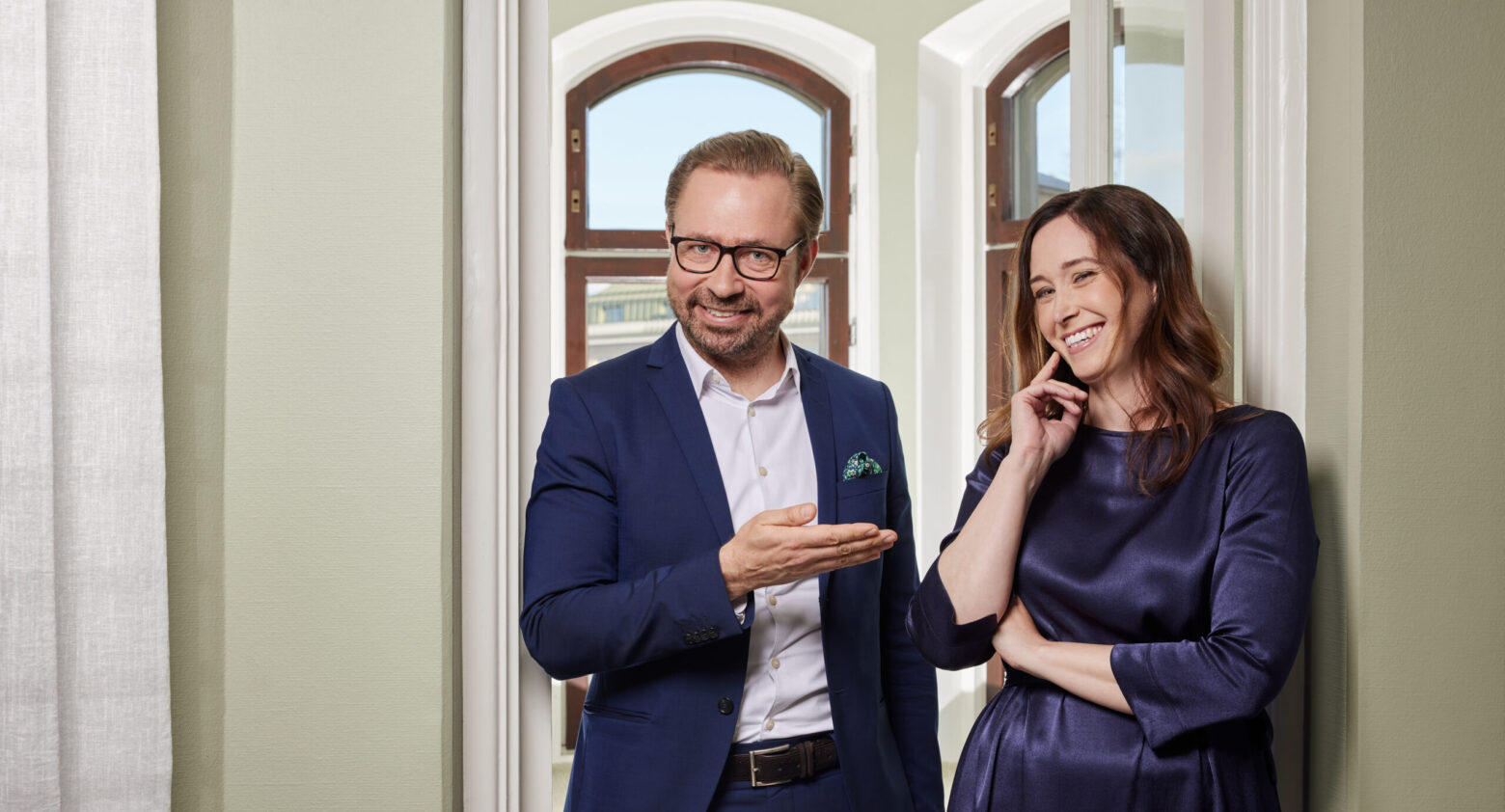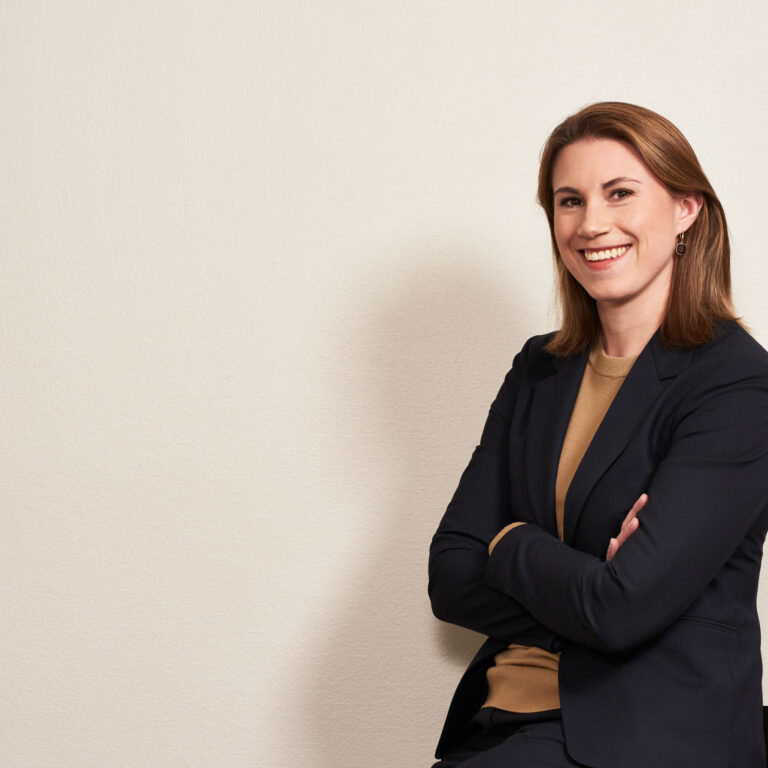Helen Lehto joins Dittmar & Indrenius’ partnership in July 2022.
Q: What keeps you busy right now?
Well, at the moment I am preparing to speak at an arbitration conference in Geneva and finishing up an article on arbitration clauses in peace agreements, which will constitute a part of my article-based PhD thesis in international procedural law. In my spare time, I have been riding not only my own horse but two other horses as well, as my friend who owns them went on a well-deserved holiday. I always love it when someone lets me spend time with their animals, especially horses and dogs!
Q: Your doctoral thesis is titled “State Sovereignty and Arbitration – Resolving interstate Disputes in Arbitration”. What made you begin your research on this topic?
I have a bachelor’s degree in political science, so that’s where my interest in state sovereignty begun. The focus on arbitration stems from my arbitration experience and appreciation for it as a dispute resolution mechanism. Combine the two, and you get interstate arbitration, which consequently became my research topic. Add to that, this topic touches on major issues such as war, peace, and international security, so it also feeds into my desire for effective dispute resolution at the highest possible levels.
Q: True or false: An academic career and a career at a law firm are mutually exclusive.
Very much false – to the contrary, the two careers support each other. My academic pursuits make me a better counsel and arbitrator, and I am a better academic due to my practical experience in that same field. Of course, in my case I am researching a topic which is highly related to my work as a practising lawyer – if I was researching something else entirely, then that might be a different story.
Q: What made you choose D&I?
I chose D&I for a number of reasons – to begin with, I feel that it is culturally the right fit and that our values are aligned. Furthermore, the firm is committed to high quality standards and top-tier work on complex and interesting matters.
Q: What kind of disputes do you anticipate to see (more than before) in the coming 12 months?
I would expect to see an increase in environmental disputes, disputes concerning sustainability matters and supply chains, as well as state to state dispute resolution through judicial mechanisms (as opposed to political). However, if we have learned anything from the last two and a half years, it is to expect the unexpected. So who knows – a year from now, we might be litigating something else entirely.
Q: The most important quality of a successful mediator is…?
The ability to read the room. That means the capacity to listen to both verbal and nonverbal communication, to read between the lines, and to understand where the opportunities for a settlement might lie, even when it is not spoken out loud.
Q: What kind of attorney qualities would you like to be respected for?
I would think that people respect and appreciate my tenacity and resilience. I am also very mindful of the non-legal aspects of litigation, such as the psychology and rhetorics of persuasiveness. Above all, however, I am a team player and hope that the people on my team feel appreciated and supported.
Q: If law would not be available, what would be your plan B?
I am intrigued by all kinds of careers where you get to negotiate with people, write and speak on complex topics, and resolve any outstanding issues. If I cannot do it as a lawyer, I would do it in other kinds of non-legal negotiations – I might be a psychologist, a full-time mediator in the peace field, or a diplomat.
Q: How would you advise young law students thinking about their first jobs and future careers?
While you are still studying, my advice would be to try to gain various kinds of work experience from the public and private sector alike, in order to find out what kind of law you would like to practice once you graduate. If you are still figuring it out post-graduation, that’s OK too, but it is worth availing oneself of the various trainee positions which are available to a law student. Once you know what you want, figure out how to get there, and don’t be afraid to ask for help along the way.


